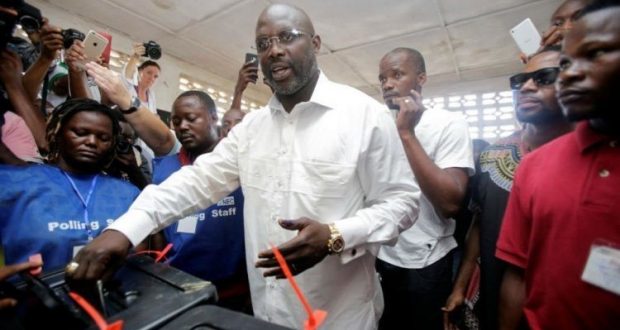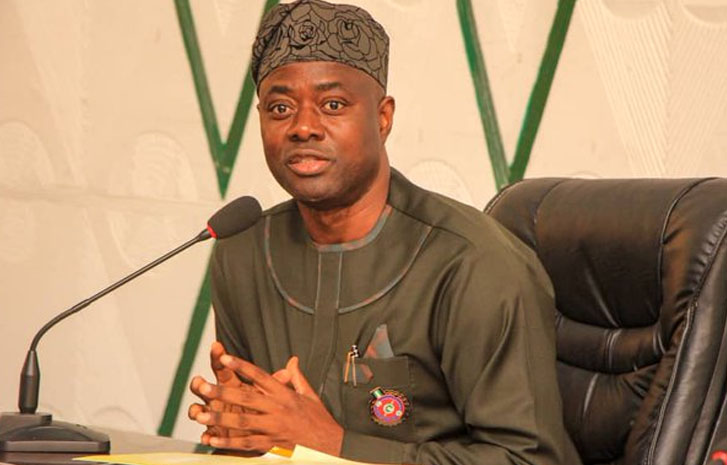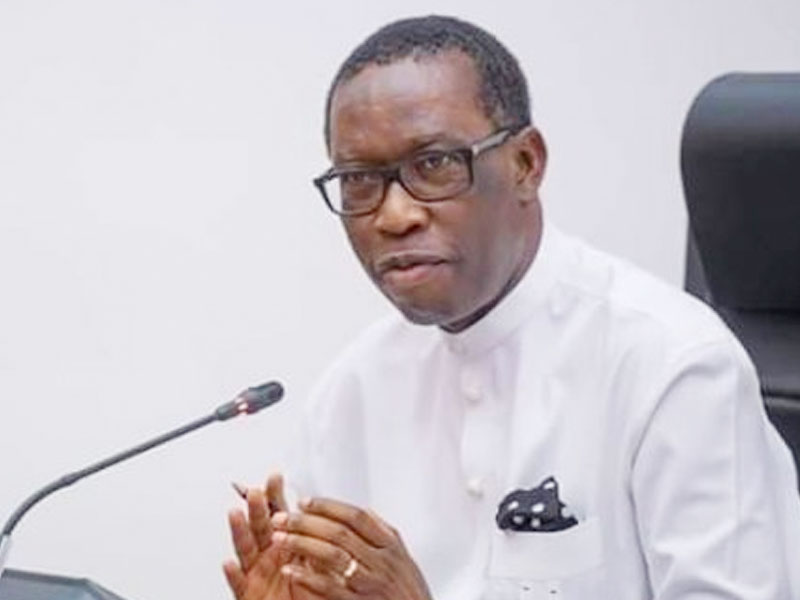Former football star George Weah has waited 12 years to become president of Liberia, and with his dream now within touching distance fans danced and sang in support in a Monrovia stadium on Saturday.
Weah goes head-to-head with Vice-President Joseph Boakai on December 26 in a long-delayed run-off for the presidency, with hopes that Christmas celebrations do not stop his legions of young and poor supporters from coming out to vote.
“Weah is our man. Weah for president,” they screamed across a cacophony of rumba and vuvuzelas, jumping from pick-up trucks that have brought Liberians to the capital from all four corners of this small west African country.
Speaking to AFP at his residence before the rally, Weah was emphatic about his chances with just three days to go.
“You know I’ve been in competitions — tough ones too and I came out victorious. So I know Boakai cannot defeat me,” he said. “I have the people on my side.”
Samuel Kanyon Doe stadium, named after the president killed by rebels in 1990, will welcome up to 35,000 people. By early afternoon it was already filling up as the stage was prepared for the man they call “Ambassador Weah”.
“The mood is good, very good, a solid mood. After 12 years of hard work we are about to reach our people with the leadership of this country. We are still making sure that the polls are well attended,” said Wilson Tarpeh, campaign manager of Weah’s Coalition for Democratic Change (CDC).
“We are confident but we are not complacent. We know we will win,” he added.
Among the t-shirts, stickers and pins that slowly formed a sea of Weah’s image, D. Joshua Zinnah sat in the stands as ice cold beers were handed out and explained why the 51-year-old football hero has such a hold on the nation.
“I expect freedom of speech, I expect job creation and I believe 100 percent that George Manneh Weah is the only person that can redeem us from this kind of stress that we are in,” he said, adding he would bring “a better educational system” to a country where more than half of children do not finish school.
Weah, chimed in Sophie Doe, a student CDC member, “can encourage the people” amid a stuttering economy and governance tarred by corruption.
Weah is better known abroad for his meteoric career in top-flight European teams such as AC Milan and PSG in the 1990s, but he has funded school places for thousands of schoolchildren at home, and carefully crafted an image as a professional politician after being elected a senator in 2014.
The country’s elite say openly he is unqualified to lead, but the story of the boy who learned to kick a football in one of Africa’s worst slums and went on to conquer the world’s best leagues remains compelling to many.
His supporters have remained calm and patient as his opponent Boakai has filed legal complaints with the Supreme Court alleging the first round of voting on October 10 was marred by fraud — allegations the court rejected, but which held up voting for seven long weeks.
Weah has spent the time meeting several West African heads of state and even a celebrity Nigerian evangelical preacher who handed down his blessing to the only African winner of the Ballon D’Or.
He even managed a public appearance with Boakai’s boss on Thursday — the woman they both seek to succeed, President Ellen Johnson Sirleaf.
Sirleaf has failed to campaign for Boakai despite two terms spent governing together and has attracted public criticism from his supporters over her absence and the appearance of a feud.
Her decision to appear with the former footballer was seen as a not-so-subtle signal in some quarters, given she has not appeared in public with Boakai for months.
But Weah’s supporters are cautious: he enjoyed a hefty lead in 2005 when he stood against Sirleaf, only to lose in the second round against expectations. – AFP.




